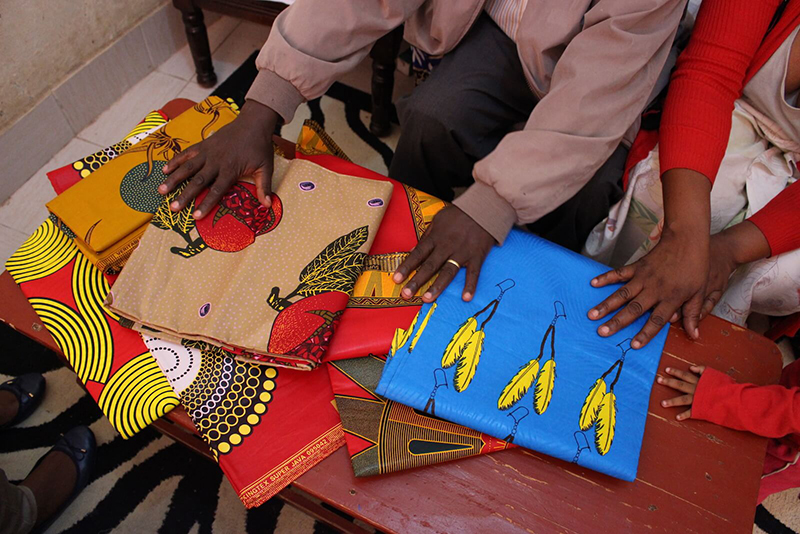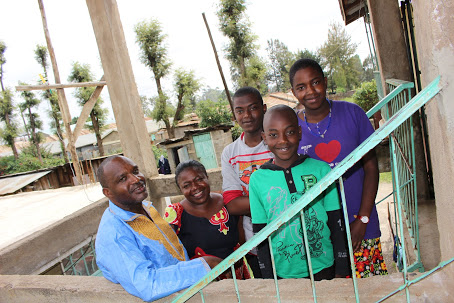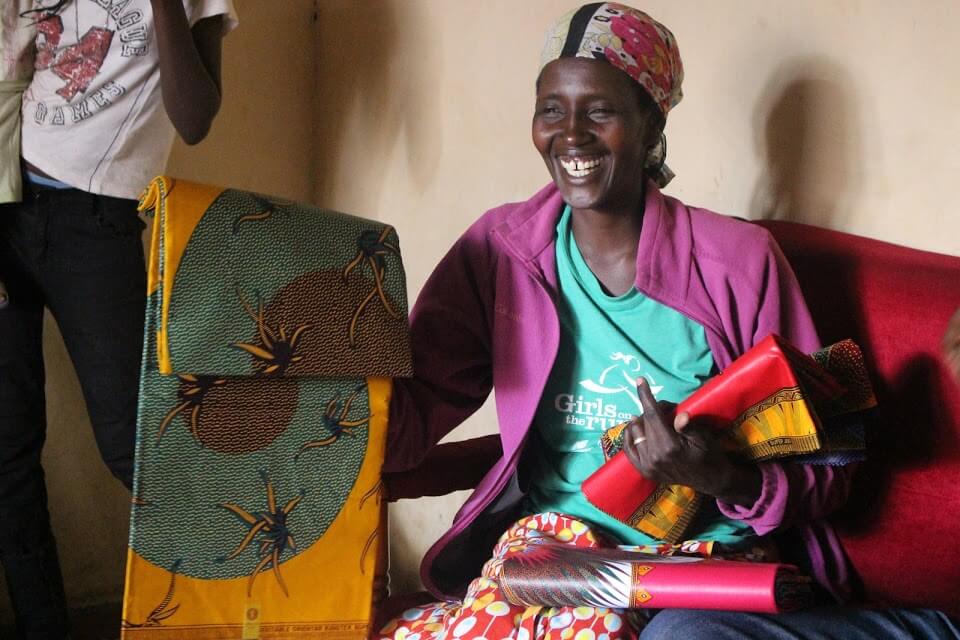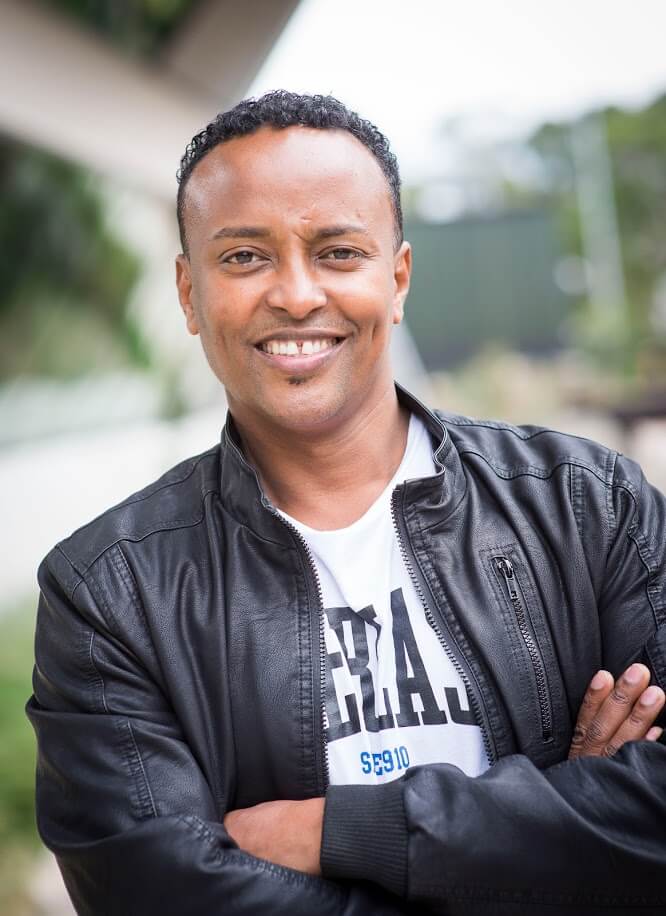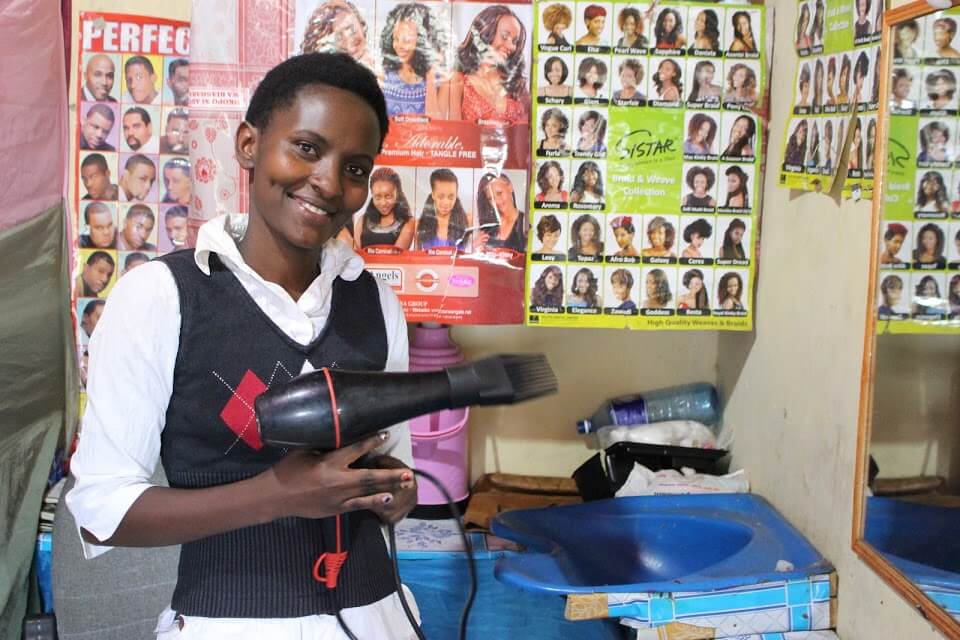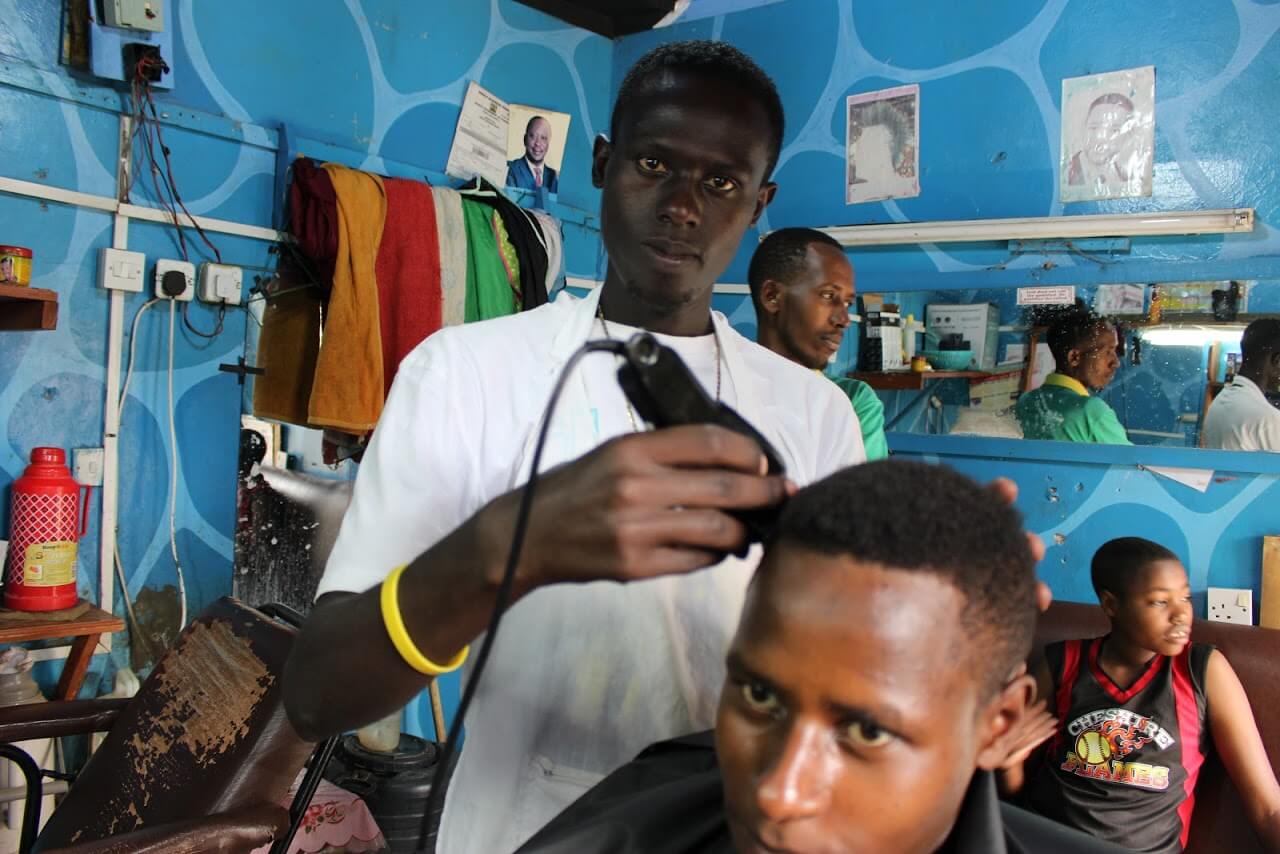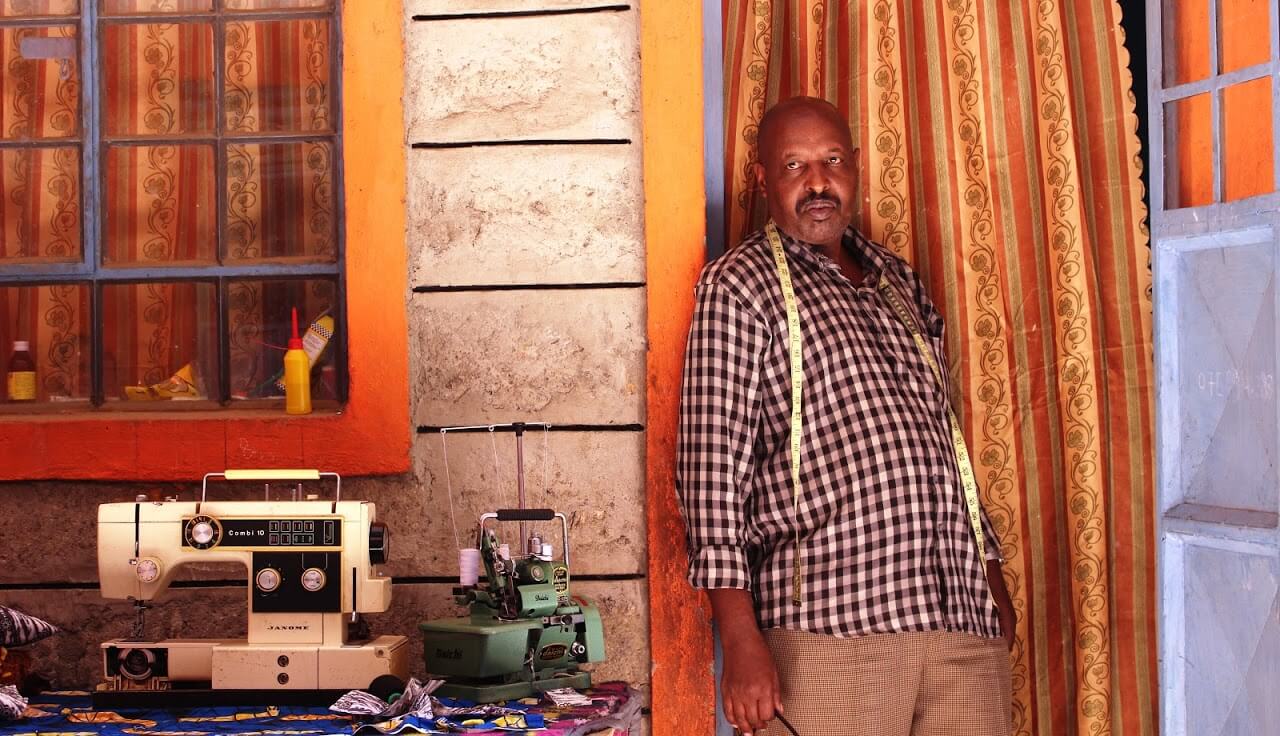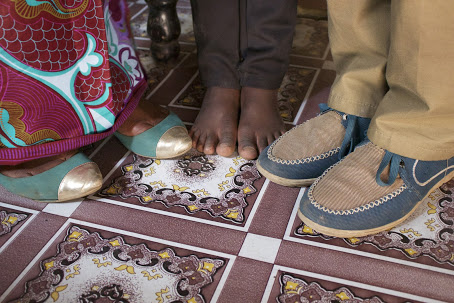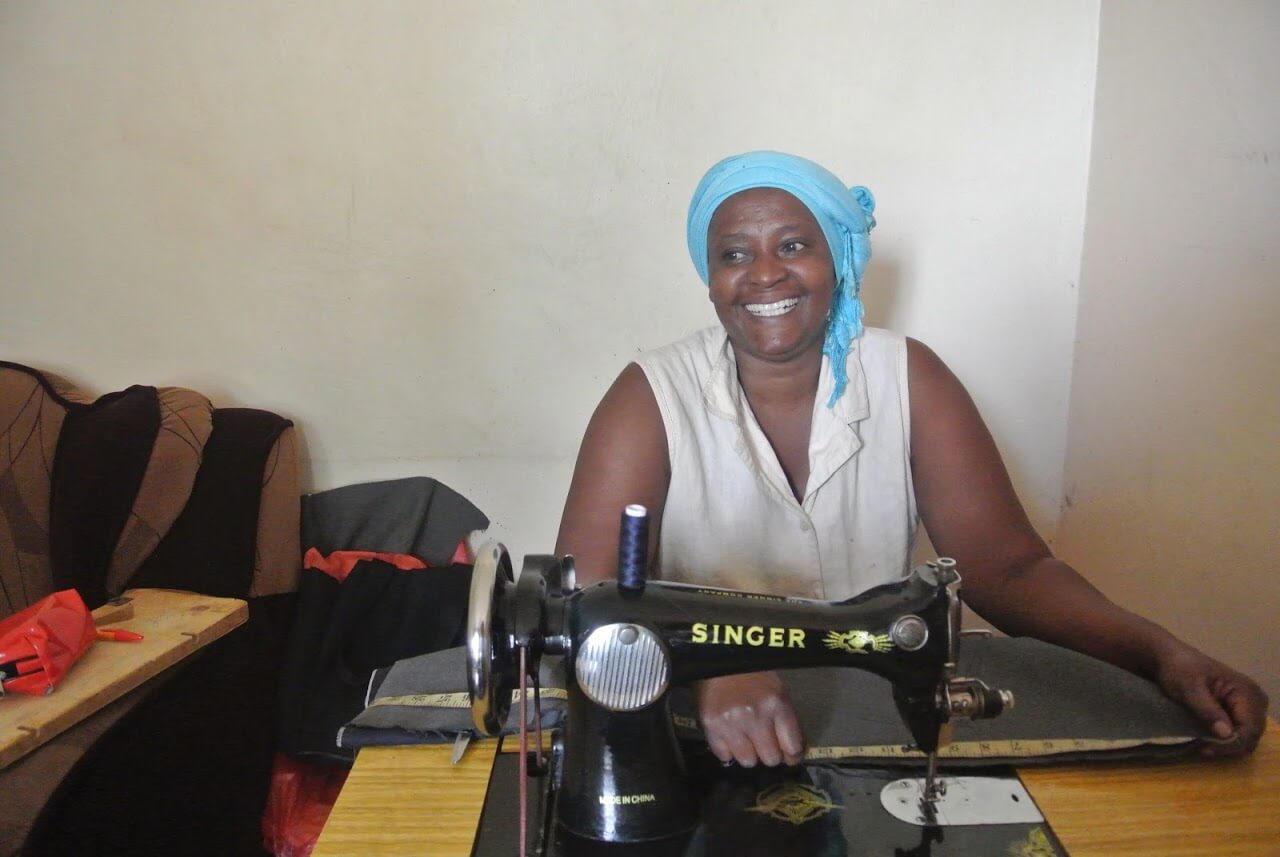Joseph & Beatrice
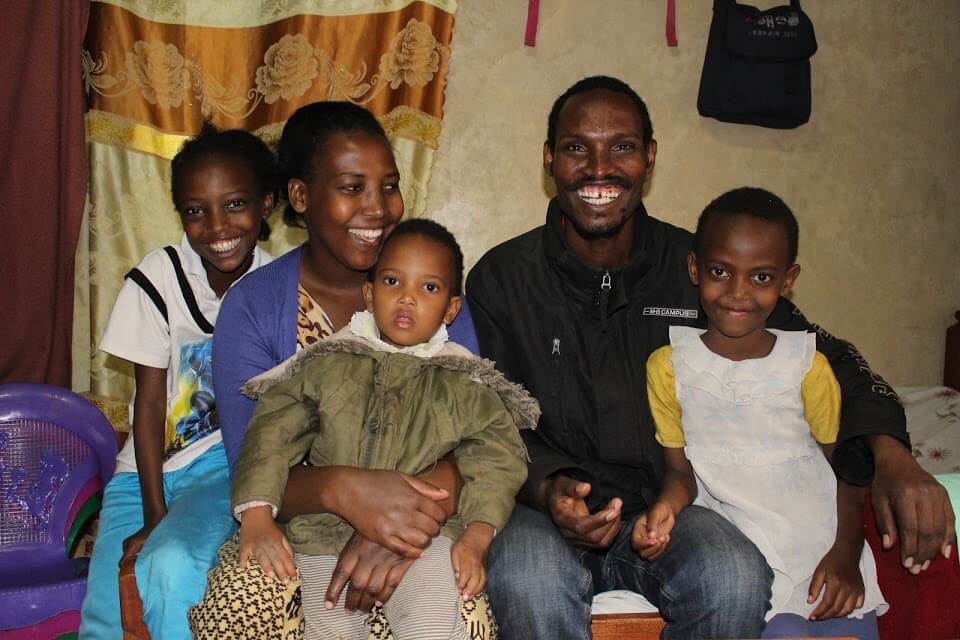
“Let me tell you about when I started selling milk. When I started out I would sell only one crate of milk, which would only give me 18 shillings (about 18 cents). I did this everyday and it was discouraging because I had so many children to take care of, but I strengthened myself and put in a lot of effort. I started multiplying my profit, and now I sell milk with a profit of up to 15,000 shillings ($148 USD). It’s unbelievable to me but I encourage people to stick to their business and persevere, that way they will see the fruits of their jobs.” These are the words of Joseph*, who along with his wife Beatrice*, and nine children, escaped from Congo in 2012 and made their way to Nairobi, Kenya. Four of the children that Joseph and Beatrice began caring for were orphans of war. Arriving in Nairobi as refugees, they encountered enormous challenges. In fact, Beatrice contemplated taking the children back to Congo despite the ongoing war because she felt hopeless in Kenya. After becoming involved with RefugePoint services, including business trainings for both Joseph and Beatrice, the family’s wellbeing improved dramatically. Joseph says, “RefugePoint really helped in regards to business. I was trained on how to start up a business and grow it, how to save, and how to do book keeping. Now I have really grown in business such that my children all go to school. My children are really doing well in school now and even their health is good. Happily, Joseph and his family were recently resettled to the US, where the family will undoubtedly use many of the business skills they learned in Nairobi to succeed in their new home!
*Names changed for anonymity

“Let me tell you about when I started selling milk. When I started out I would sell only one crate of milk, which would only give me 18 shillings (about 18 cents). I did this everyday and it was discouraging because I had so many children to take care of, but I strengthened myself and put in a lot of effort. I started multiplying my profit, and now I sell milk with a profit of up to 15,000 shillings ($148 USD). It’s unbelievable to me but I encourage people to stick to their business and persevere, that way they will see the fruits of their jobs.” These are the words of Joseph*, who along with his wife Beatrice*, and nine children, escaped from Congo in 2012 and made their way to Nairobi, Kenya. Four of the children that Joseph and Beatrice began caring for were orphans of war. Arriving in Nairobi as refugees, they encountered enormous challenges. In fact, Beatrice contemplated taking the children back to Congo despite the ongoing war because she felt hopeless in Kenya. After becoming involved with RefugePoint services, including business trainings for both Joseph and Beatrice, the family’s wellbeing improved dramatically. Joseph says, “RefugePoint really helped in regards to business. I was trained on how to start up a business and grow it, how to save, and how to do book keeping. Now I have really grown in business such that my children all go to school. My children are really doing well in school now and even their health is good. Happily, Joseph and his family were recently resettled to the US, where the family will undoubtedly use many of the business skills they learned in Nairobi to succeed in their new home!
*Names changed for anonymity

